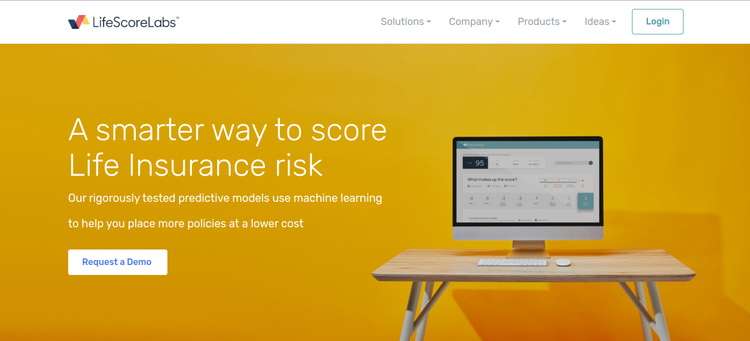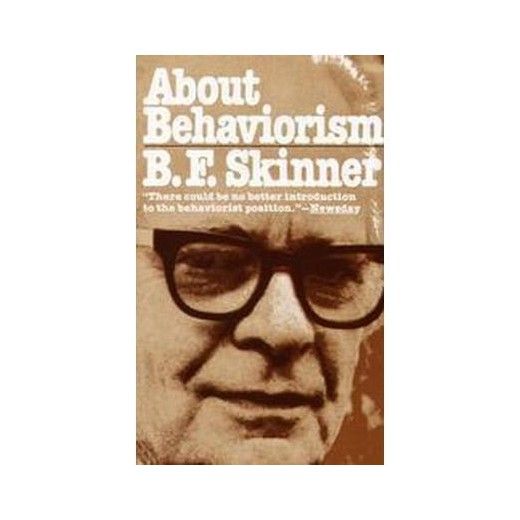More suggestions on journalism ethics
I'm really starting to think that B2B journalism is making some progress on ethics. I was pleased to see the topic is on the agenda at ABM's "Top Management Meeting," scheduled for Nov. 14-16 in Chicago. Rance Crain, president of Crain Communications, is hosting a one-hour session called "Editorial Integrity: Under Assault?" On the dais with Crain are Terry Evans, associate executive editor of Home Channel News; Pat Panchak, editor-in-chief of IndustryWeek; and B2B media's ethics hero -- Whitney Sielaff, editorial director and publisher of National Jeweler.
I'm afraid I won't be there. But I'd urge any of this blog's readers who can attend the meeting to make an effort to get to the ethics session.
Regular readers of this blog know that I've written quite a bit of late about ethics. I've published my thoughts on how to handle unethical requests by coworkers or advertisers.
I've applauded ASBPE for its decision to update its ethics guidelines, and did the same several months earlier when ABM issued its new guidelines. I've condemned the gross violators in our industry, and pointed with disgust at the unethical types who claim to lead us.
I'd like to think that my discussions of integrity in B2B journalism have some value; I'd like to think that my opinions have some influence. That's why I'm going to make a suggestion to the folks on the panel in Chicago (and to the board of ASBPE as it reworks that group's guidelines.).
No doubt much of the talk in Chicago will be about the blurring of lines between advertising and editorial. And I thank you for that in advance. I applaud any discussion aimed at recommitting B2B publishing to a clear line between those two worlds. I've spoken to too many journalists of late who face growing pressure from the dark side.
But I'm also going to ask that the panelists take on one of the trickier areas in B2B journalism ethics: the use of anonymous sources. I'm convinced that we are doing damage to our reputations through the casual and unjustified use of anonymity. And it's not a problem we can blame on the advertising staff.
I'll also ask that the panelists give some thought to the difficult area of reporting on our own companies -- for time and again I find that otherwise good companies stumble by confusing press releases with news, and by cutting corners for themselves that they wouldn't cut for others.
And I'll suggest that the answer to both problems can be found in the post-objectivity movement and Dan Gillmor's work on transparency.
tags: journalism, b2b, media, trade press, magazines, journalism ethics,
advertising




